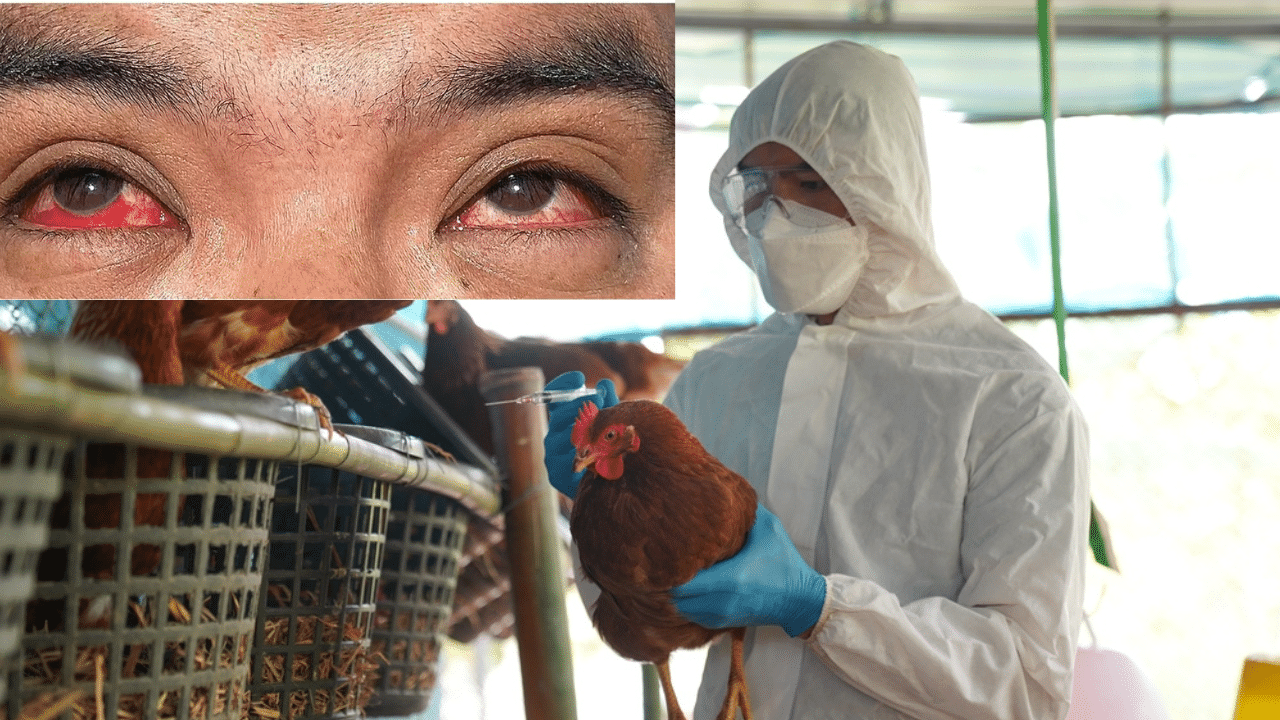A Boston, Massachusetts, hospital announced Tuesday that after finding Black mothers were more likely to be reported for child abuse and neglect if a toxicology report came back positive, it would be taking steps to reevaluate the process in order to avoid perpetuating “structural racism.”
“Black pregnant people are more likely to be drug tested and to be reported to child welfare systems than white pregnant people,” said Mass General Brigham, a nonprofit health care system.
“As a part of our United Against Racism effort to achieve health equity for patients and communities across our system, we… are addressing policies that may unwittingly perpetuate structural racism,” Mass General stated.
The announcement pertained to pregnant women who are using drugs, which may show up in fetal testing.
“Substance use disorder (SUD) is a condition with significant racial and ethnic inequities, especially in the context of pregnancy, when more punitive approaches to substance use disproportionately affect Black individuals,” the announcement said.
In order to alleviate the inequity, as the hospital sees it, Mass General will “update policies that automatically trigger mandatory filings with child welfare agencies when a pregnant individual is engaged in treatment for substance use disorder, absent any other concerns for potential abuse or neglect.”
The automatic trigger policy for drug-using mothers “disproportionately impact patients from historically marginalized populations,” the hospital stated.
The new policy says reports “after delivery should be filed only if there is reasonable cause to believe that the infant is suffering or at imminent risk of suffering physical or emotional injury and that ‘substance exposure’ alone, including treatment with methadone or buprenorphine for opioid use disorder, does not require a report of abuse or neglect in the absence of protective concerns for the infant.”
“The updated policy reflects our focus on providing safe and equitable care for all patients. The process allowed us to turn our lens inward to understand our own contributions to stigma and inequity and strive to fix them,” said Allison Bryant, MD, MPH, the associate chief health equity officer at Mass General Brigham.


















